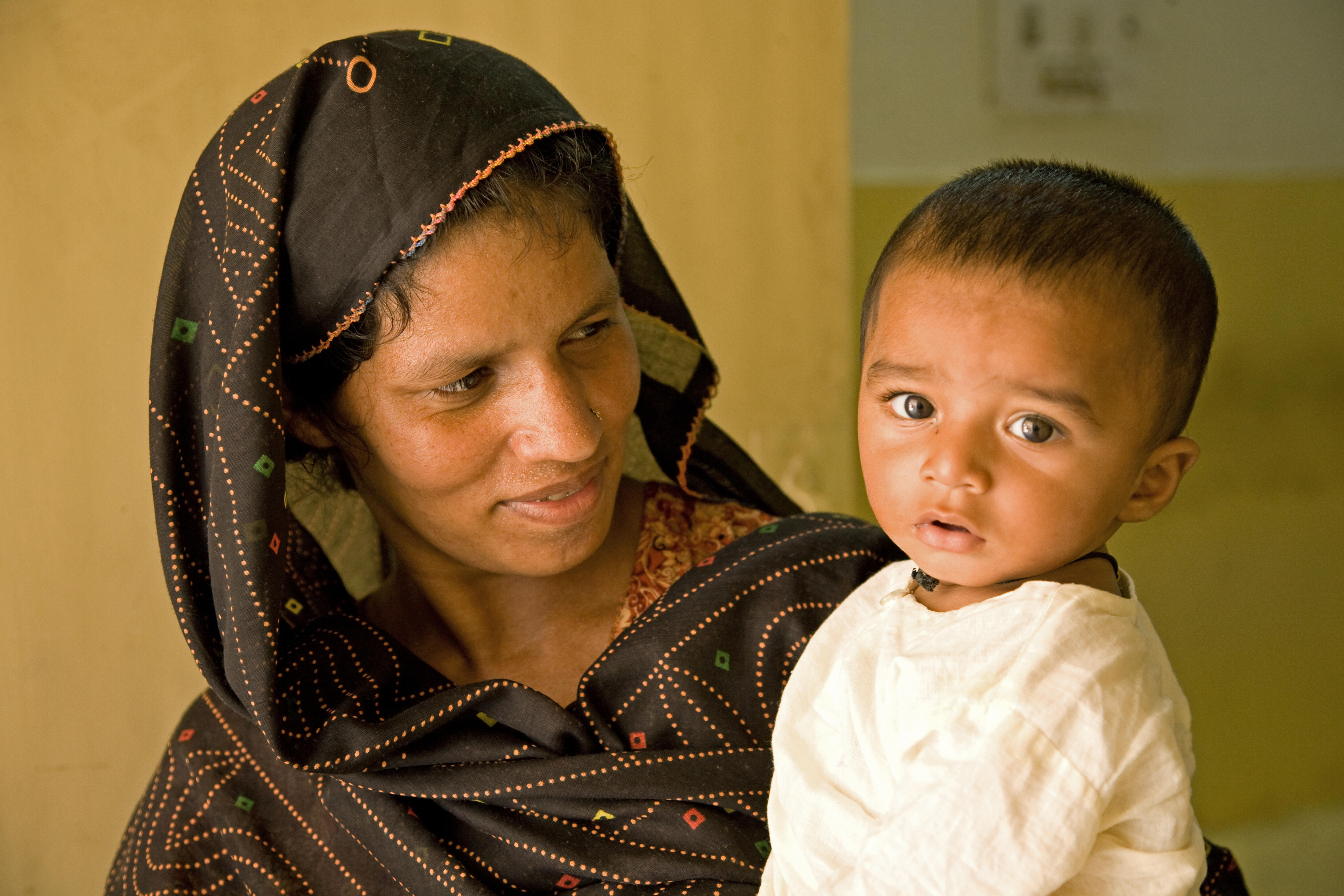NAIROBI, Kenya, 12 November 2019 – The price tag to achieve three world-transforming results in the next decade – ending preventable maternal deaths, eliminating gender-based violence and harmful practices, and meeting the family planning needs of women in high-priority countries – is $264 billion, according to new research made public today at the Nairobi Summit on ICPD25.
Currently, only $42 billion in development assistance is expected to be spent on advancing these goals. That means some $222 billion in investments is required over the next decade, whether in the form of foreign investment, domestic allocation or private spending.
These are the main findings of a joint study by researchers from UNFPA and the Johns Hopkins University, in collaboration with Victoria University, the University of Washington and Avenir Health.
Achieving these results is a precondition to meeting the Sustainable Development Goals, a set of global goals agreed by the world’s governments, by 2030. It will also generate cost savings over generations, as healthier women and girls are empowered to contribute their productivity and creativity to society.
“We now know how much and where we need to invest. These figures are a drop in the ocean compared to the dividend expected and the funds available,” said UNFPA Executive Director Dr. Natalia Kanem. “These are smart, affordable investments that will transform the lives of women and girls, their societies, and our world. The cost of inaction is much higher.”
The new research shows the cost of each objective to be within reach.
Ending preventable pregnancy- and childbirth-related deaths in the 120 countries that account for over 95 per cent of maternal mortality will cost $115.5 billion in key maternal health interventions. This includes paying for medical staff, drugs and obstetric supplies, and is roughly equivalent to 46 of the world’s most expensive military planes.
Ending unmet need for family planning in 120 priority countries – which comprise the majority of low- and middle-income countries – will cost $68.5 billion. The money would go towards ensuring a steady, reliable supply of quality contraceptives and other efforts to strengthen national health systems.
Ending gender-based violence will require investing $42 billion in 132 priority countries. That money would go to programmes that provide psychosocial assistance, medical treatment and rape kits to survivors, and promote the right of all women and girls to live free of violence and abuse, among other interventions.
Ending female genital mutilation will require $2.4 billion for interventions related to education and changing social norms in 31 priority countries. The research shows that just $95 can prevent a girl from having her genitalia cut for non-medical reasons.
The price tag for putting an end to child marriage is $35 billion. This would be enough to ward off 90 per cent of child marriages take place. In other words, it only takes $600 to spare a girl from becoming a child bride.
But meeting these goals will require broad-based action.
“Without everyone pushing the oars together, the boat is not going to move far and if we are not in sync, we will simply turn in circles,” said Victoria Chou, a researcher with the Johns Hopkins Bloomberg School of Public Health. “Closing the substantial gap with investment of urgently needed resources will ultimately improve health among women and their families and that vision is what should motivate us looking forward after the Nairobi Summit.”
“We have a collective responsibility and opportunity to deliver on our promises – now,” said Dr. Kanem. “We cannot wait another 25 years. It’s time to fill these resource gaps and make this a decade of delivery. It’s time to get the job done. With strong financing momentum we can achieve these transformative results, complete the ICPD Programme of Action and meet the Sustainable Development Goals on time by 2030."
Contacts
Eddie Wright
+1 917 831 2074
Adebayo Fayoyin
+27 79 517 0320
Roy Wadia
+66 848 752 634
Celeste Hibbert
+66 93124 8313
About the Nairobi Summit
The governments of Kenya and Denmark, and UNFPA, the United Nations sexual and reproductive health agency, have organized this high-level political summit, from 12-14 November 2019. The Nairobi Summit on ICPD25 aims to mobilize the political will and financial commitments we urgently need to finally and fully implement the Programme of Action agreed to by 179 governments in 1994 at the International Conference on Population and Development (ICPD), and confirmed unanimously in a political declaration in 2019.


